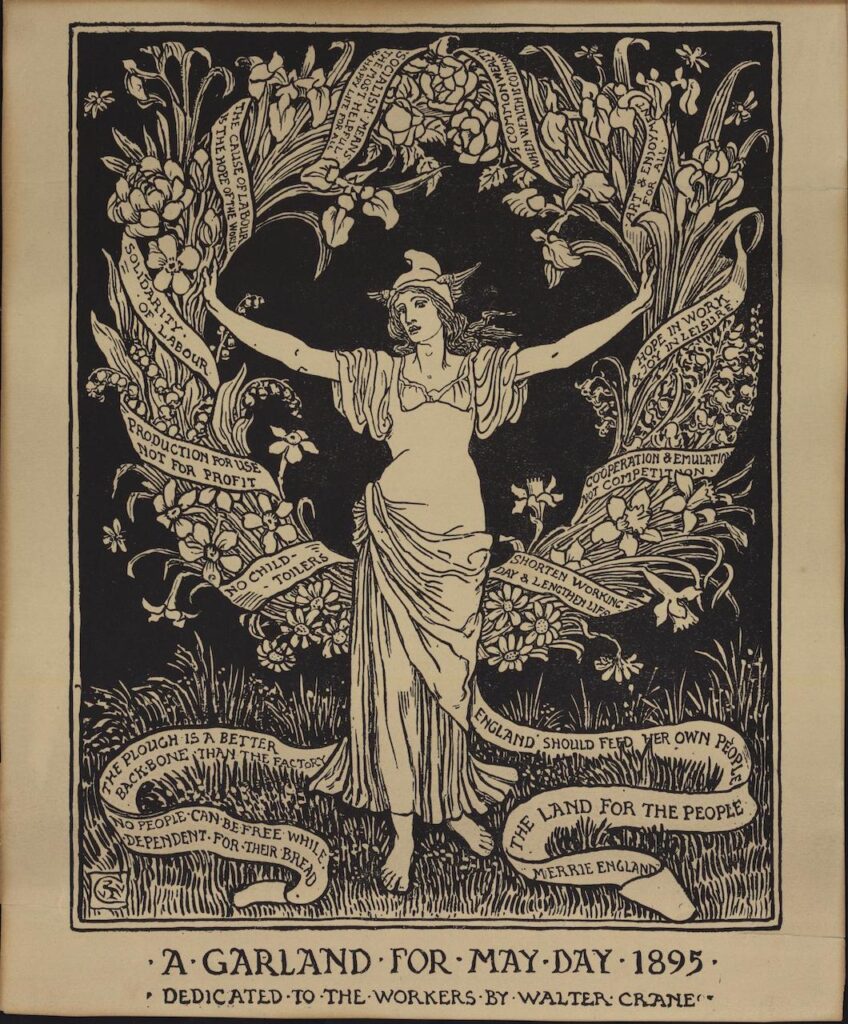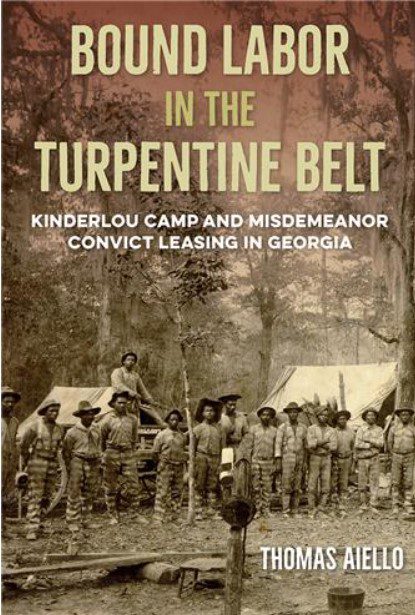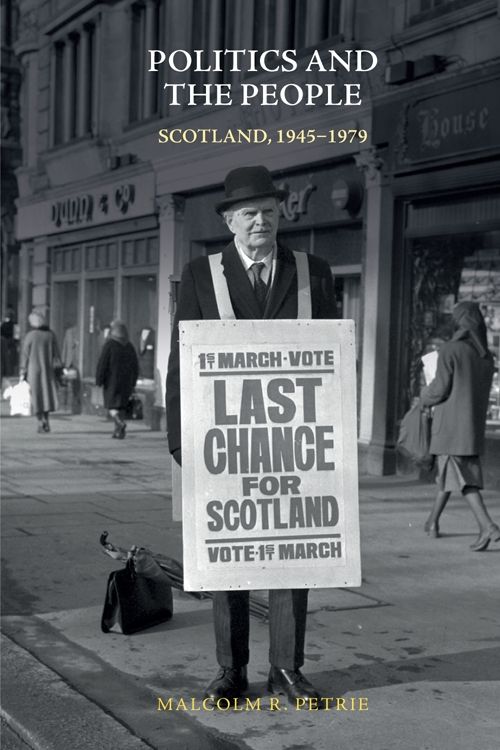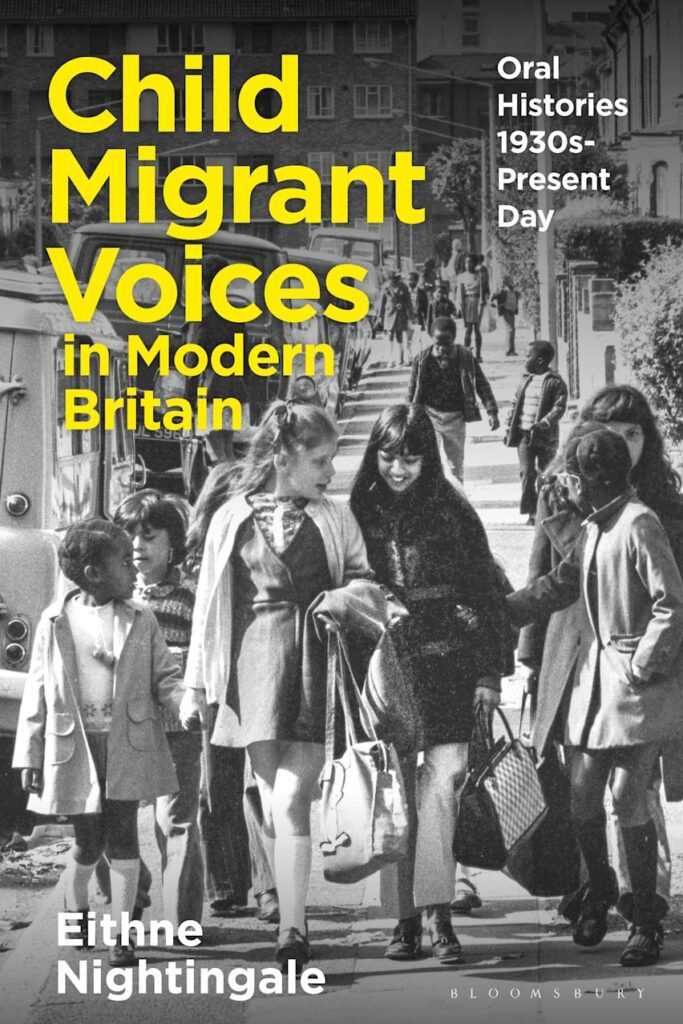
Child Migrant Voices in Modern Britain: Oral Histories 1930s-Present Day

news, new scholarship & more from around the world




History of the Human Sciences, Ahead of Print.
Care has become an overdetermined word in the medical humanities and beyond, a focus not only of debate around the nature and purpose of the field, but also of the wider issue of the status of medicine in relation to society and the individual. As a symptom of this problematic, this article proposes care as an ‘untranslatable’, in the sense defined by Barbara Cassin. This is pursued via an engagement with the history of the ethics of care and with its translation into francophone contexts as une éthique du care, in tension with the philosophie du soin elaborated in the work of Frédéric Worms, and then with the several translations into French and English of Sorge and its derivations Besorgen and Fürsorge in Martin Heidegger’s Sein und Zeit (Being and Time). A genealogy of care is thus established, and what emerges as the principal motif of its untranslatability is the relation between a primary form of relationality and the socio-technical dimension in which we may recognise healthcare.

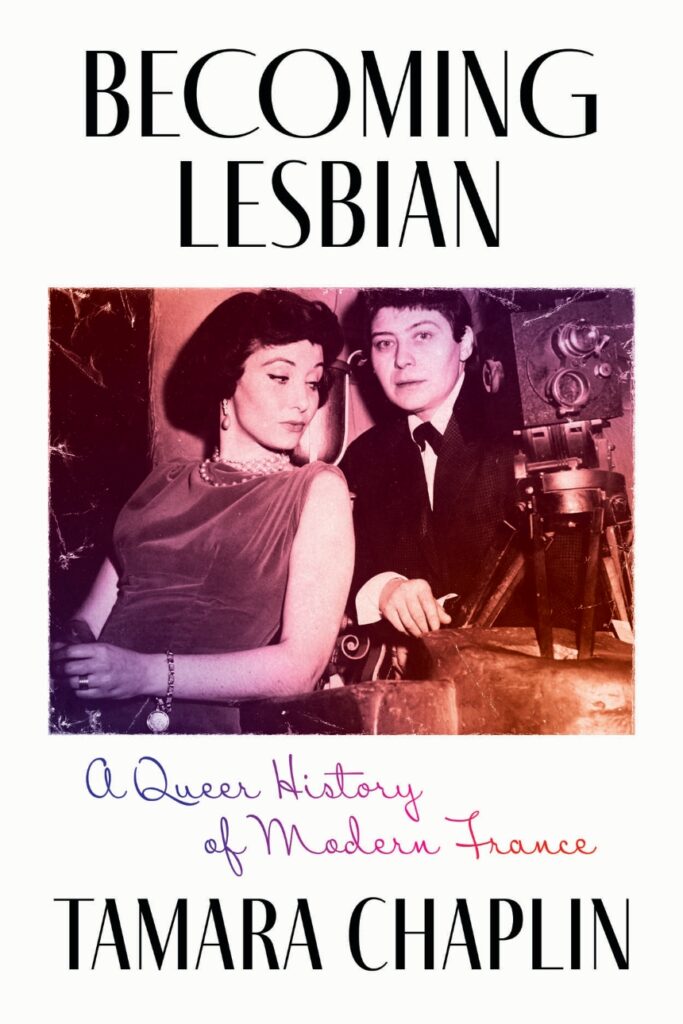

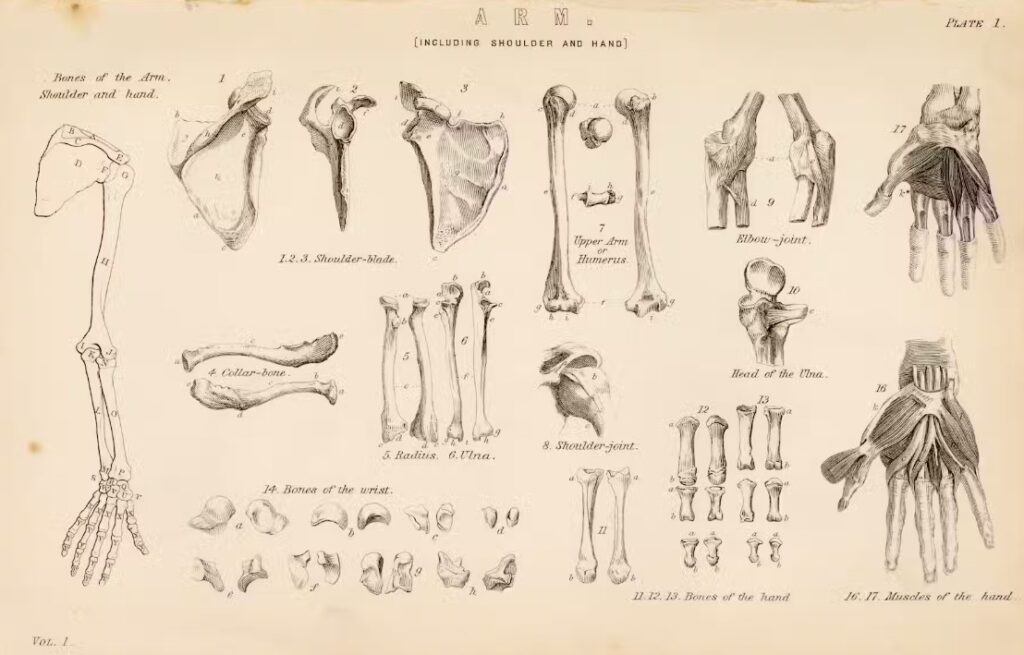
New Zealand’s 1875 Anatomy Act mirrored British laws that allowed the use of unclaimed bodies from public institutions, like hospitals and asylums, for anatomical study. These laws disproportionately affected impoverished families. Hospitals were able to retain custody of the deceased when families lacked financial means for burial or an individual’s body lay “unclaimed”.


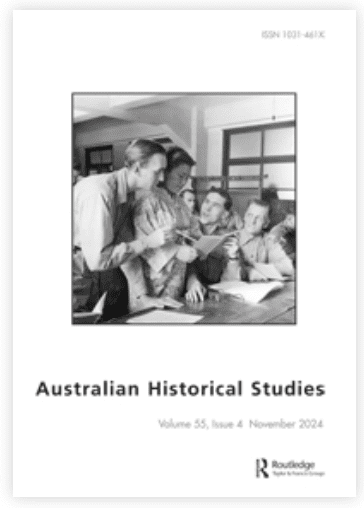

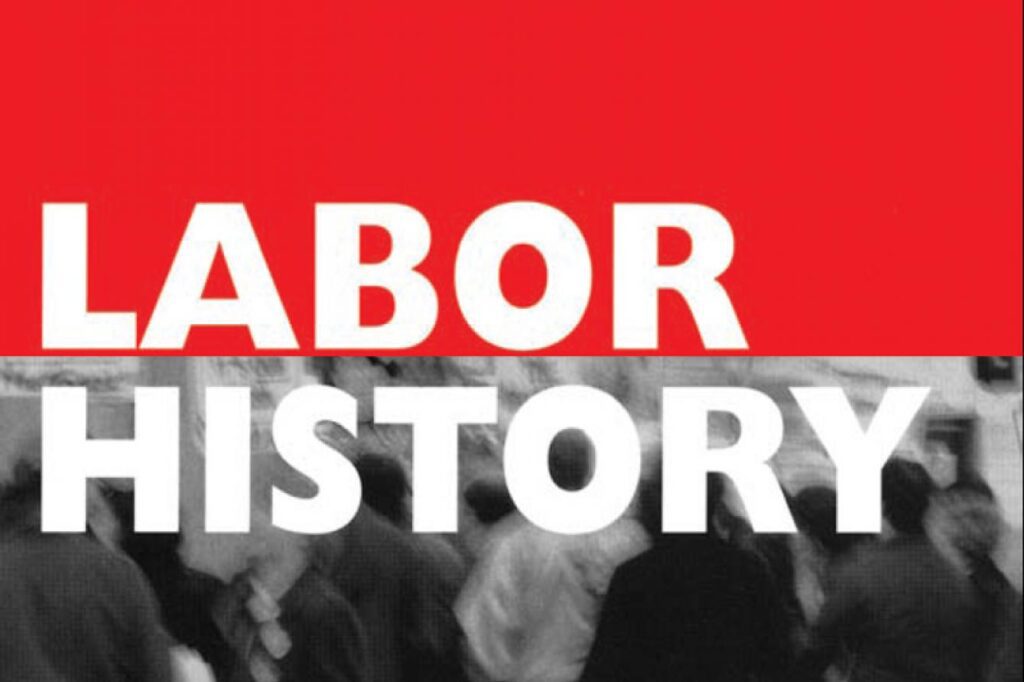

History of Psychiatry, Ahead of Print.
The Classic Text is an outline of the Stirling County Study as conceptualized by Alexander H Leighton. It was first presented at a conference held in 1949 organized by the Milbank Memorial Fund, an American philanthropic foundation. The meeting brought together 30–40 experts from across North America. Leighton succinctly explained his frame of reference for the epidemiology of mental disorders and the methodology of the community-based study he conducted in Nova Scotia. The introduction to the text explains contextual points, certain specificities of Leighton’s framework, and the discussions that surrounded it, largely dominated by a group of Harvard professors, including Erich Lindemann and John E Gordon.
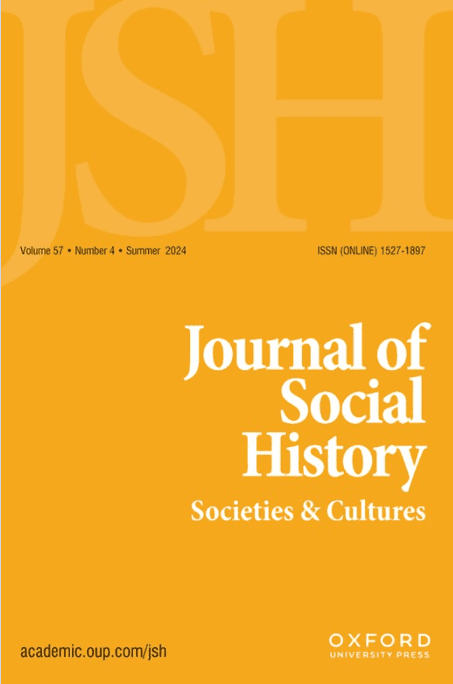

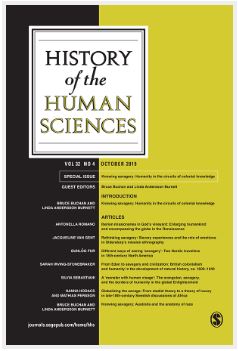

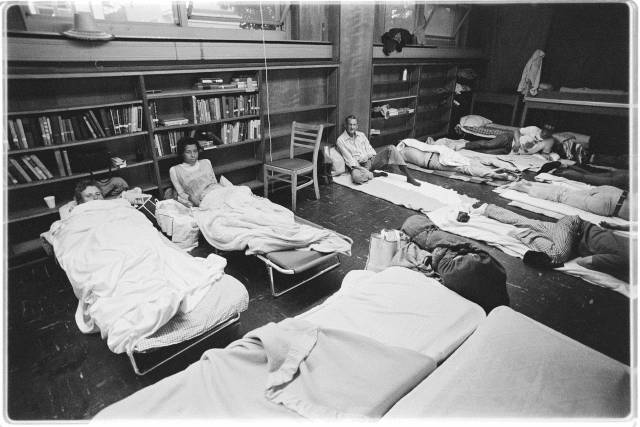
People without housing in St. Stephen’s Church, Minneapolis. Photo by Minneapolis Tribune photographer Mike Zerby taken on July 2, 1982.



History of the Human Sciences, Ahead of Print.
Wundt’s Völkerpsychologie (VP) is an exceptional case in the history of psychology. Outlined in 1863 in the second volume of Vorlesungen über Menschen- und Thierseele (Lectures on the Human and Animal Soul), VP was finally published 37 years later in 10 volumes during the last 20 years of the author’s life. The work was characterized by an ambitious program of multimethod and transdisciplinary research. This article explores the intellectual and contextual reasons for the early successes and failures of VP. We analyzed n = 264 articles published in the German press and n = 220 books, reviews, and articles published in scientific journals that explicitly cited the 10 volumes between 1900 and 1920. VP received considerable criticism from linguists and philologists, who claimed that its results were of little practical use for their research. The first volumes of VP were criticized for their abstract character and psychological indifferentism; on the other hand, positive reviews emphasized their attempt to systematize and give a philosophical order to the individual investigations of philology, linguistics, comparative history, religious studies, and so on. The normative-methodological role that VP tried to play in relation to the other historical sciences was significantly criticized, and this was a determining factor in its diminishing impact over time. Some of Wundt’s hypotheses were philosophically at odds with the project of German cultural imperialism that was being developed at the time and with which most of his intellectual enemies agreed.

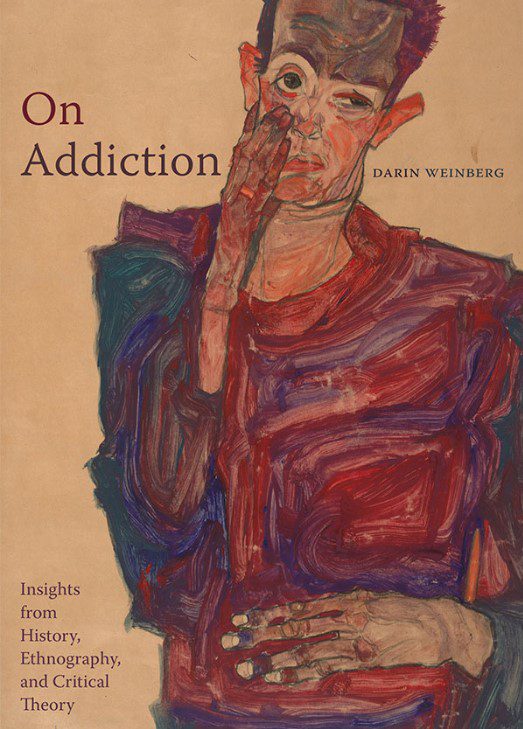

Childhood, Ahead of Print.
This article axplores children’s welfare in Italy’s northeastern borderlands after WWI. Using the case of a semi-public aid association “Assistenza all’Italia Redenta” (Assistance to Redeemed Italy), the author examines children’s welfare before and after the installation of the fascist regime. She focuses in particular on preschools as a vital source of sociomedical and educational assistance to children in this mutlilingual and multiethnic region. But this assistance came with a quid pro quo, for children recieved it on condition that they learn the Italian language. The article thus explores how social welfare may be instrumentalized for nationalist purposes in borderland regions marked by cultural and national diversity.

HMT Empire Windrush became synonymous with the voyage it completed in 1948, transporting hundreds of West Indians and people from other countries via the Caribbean to England. In the years that passed since its journey, the people who disembarked from this ship began new lives, with many choosing to stay in the UK and form new roots far away from home.


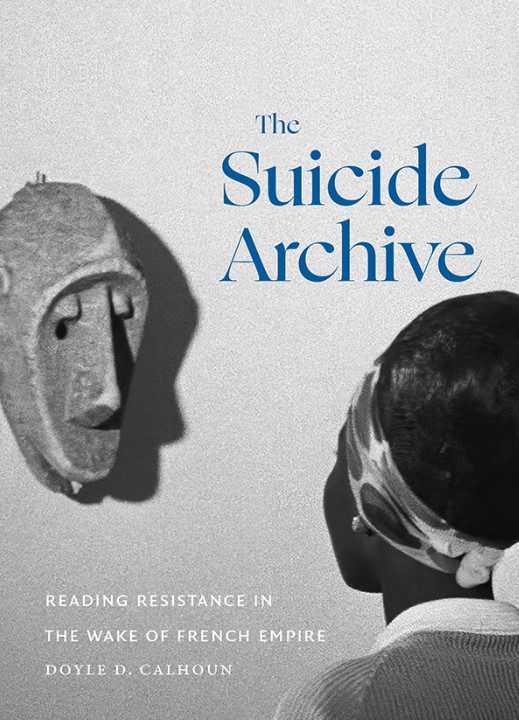

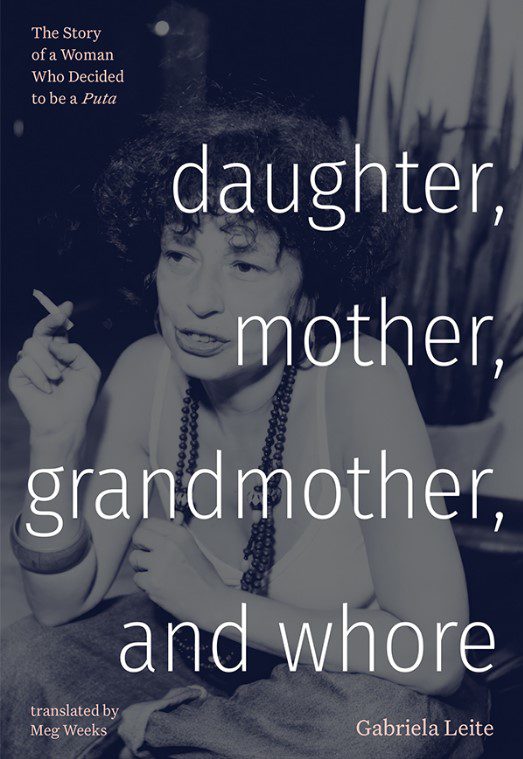



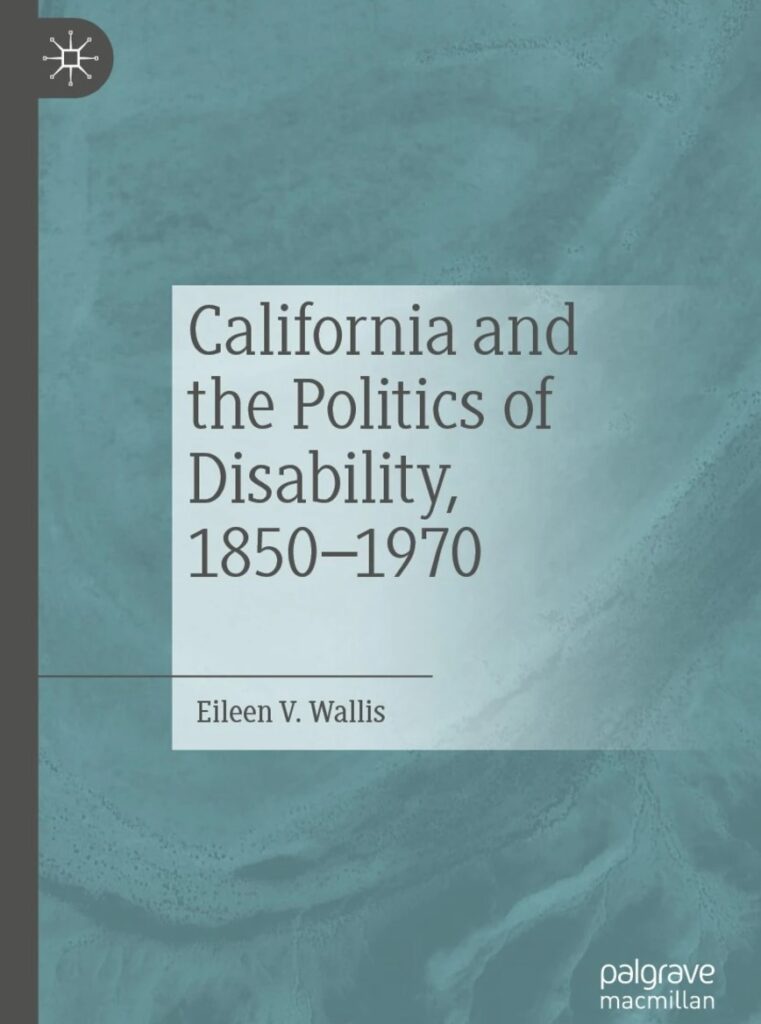


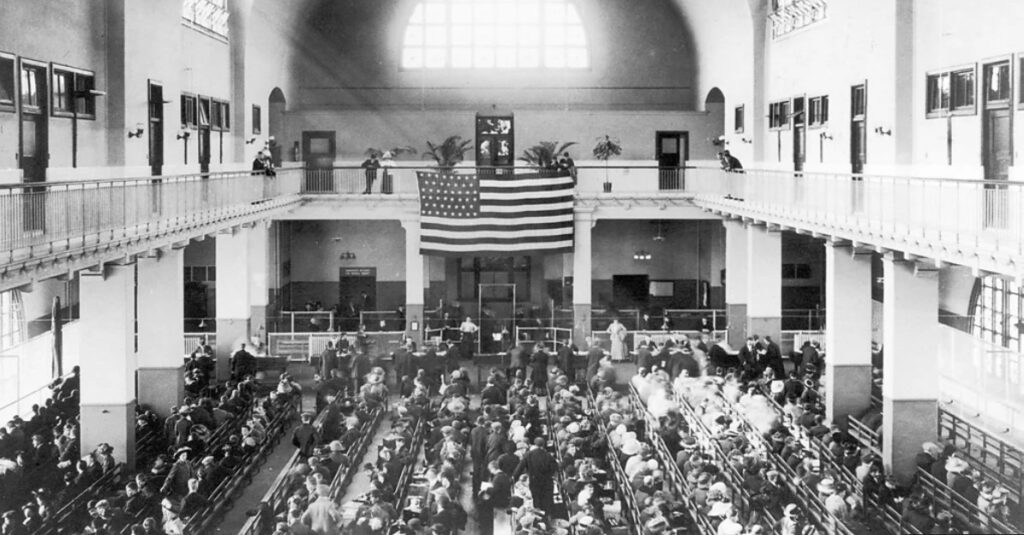

A youthful obsession with Dorothea Lange’s Migrant Mother turns to frustration over how its subject, Florence Owens Thompson, an Indigenous woman, has been misperceived. Above: Left: Migrant Mother outtake, 1936. [Dorothea Lange, U.S. Farm Security Administration via Library of Congress]. Right: Dorothea Lange’s notes on visiting the Nipomo Pea Picking Camp: “The peas represent a crop valued at 1-1/2 million dollars and are shipped to all parts of the country,” 1936.
